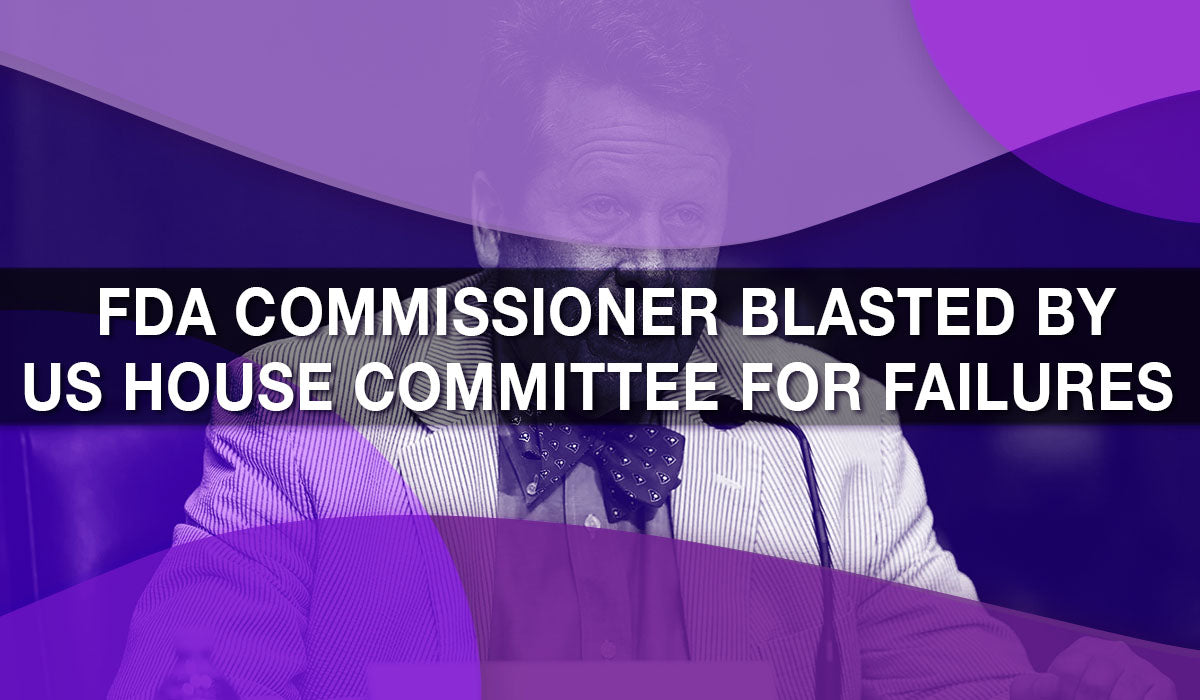
FDA Commissioner Blasted by US House Committee for Failures
In the ongoing saga of public health and regulatory challenges, FDA Commissioner Robert Califf found himself in the hot seat today as he testified before the U.S. House Oversight & Accountability Committee. The hearing delved into myriad pressing issues surrounding FDA operations, ranging from tobacco regulation to prescription drug shortages, vaccines, and the handling of recent crises like the infant formula shortage.
FDA’s Failed Vaping Approval Process Under Scrutiny
However, it was the spotlight on tobacco regulations that ignited bipartisan concerns and vigorous debate. As it stands today, only seven obsolete e-cigarettes and their compatible cartridges have been approved by the FDA.

The entire process is under pressure in the court system with the Fifth Circuit Court of Appeals handing the vaping industry a win in their scathing rebuke of the FDA’s failed PMTA scheme. The FDA’s lack of responsiveness was noted, as earlier this year they failed to respond to US House Republicans urging an expedited approval process for smoke-free tobacco products.
Fallout From FDA Regulations: Flavor Bans Increase Cigarette Sales
It is notable that the majority of adult vapers in every age bracket prefer what the FDA calls ‘characterizing flavors’. These flavors, found in everything from breath mints to kombucha to hard seltzer and cannabis products are vilified as ‘kid friendly’ by well-funded nicotine abstinence groups like the Orwellian-named Truth Initiative. To date the FDA has only approved vape products flavored with artificial tobacco notes.

The freedom to obtain vapes in common fruit and beverage flavors found in every consumable good on the market is not just an issue of personal preference. The adult market’s rejection of faux-tobacco and artificial cigarette flavors is so comprehensive that cigarette sales increase in areas with flavor bans.

What to vaping abstinence lobbyists is simply a “let them eat cake” situation for adults vapers to deal with and suffer through is in fact a brewing health crisis that directly benefits the tobacco industry, in terms of both increased cigarette sales and the fact that only their simulated tobacco e-liquids have received the FDA’s stamp of approval.
That the tobacco industry’s vaping products are also vastly more expensive than their independent rivals surely plays a role in the increase in cigarette sales as well. The table below compares the cost per milliliter for Big Tobacco e-cigarettes and popular disposable vapes. Note that the most popular tobacco industry vape, the Vuse Alto, has no more authorization to be on the market than the disposable vapes to which it is being compared.

Significant Moments During Testimony
Yesterday's hearing witnessed significant moments, including Representative Comer's questioning about whether the current regulatory framework at the Center for Tobacco Products (CTP) aligns with the original intentions of Congress when the Tobacco Control Act was enacted. He referred to the Reagan-Udall Foundation and recent court rulings to support his inquiry.
Additionally, Representative Fry from South Carolina raised concerns regarding harm reduction, drawing parallels to former FDA Commissioner Gottlieb's mission. Fry referenced a Harvard study indicating an increase in cigarette sales and questioned Commissioner Califf on the authorization of 900 new cigarette products compared to only a few e-cigarettes. He further queried whether the FDA still upholds the concept of a risk continuum and aims to transition adults to safer tobacco products.
Comer questioned Califf on harm reduction asking if vaping is safer than smoking and questioned Califf about backlogs and if CTP will potentially approve more products in the future.
In a concluding remark, Representative Comer highlighted the prevailing uncertainty surrounding the FDA's regulatory approach, particularly concerning vape products. He emphasized the importance of clarity and transparency in FDA policies, especially in such critical areas. Members of the committee were reminded that they have five days to submit written questions to him, signaling a continued dialogue and investigation into the matter.
Recap of Bipartisan Concerns About FDA’s Vaping Scheme
Representatives articulated a spectrum of concerns regarding the FDA's handling of tobacco regulations, highlighting areas of perceived inefficiency, delays, and alarming trends in the market:
- The FDA's perceived reactivity and feeling of being overwhelmed in managing tobacco regulations and applications.
- Delays in reviewing tobacco product applications, particularly those supporting harm reduction strategies, despite increased staffing and funding.
- Failure to meet statutory review periods for PMTA applications, with only a fraction of applications being authorized despite a staggering number of submissions.
- A lack of effective regulatory enforcement .
- Lack of responsiveness from the FDA to congressional inquiries and concerns regarding illicit vapor products.
- Concerns over the unintended consequences of proposed regulations, such as the ban on menthol cigarettes and flavored cigars, including increased smuggling and black-market activity.
FDA Commissioner Califf Responds
In his testimony, Dr. Califf addressed these concerns with a mix of reassurance, strategy, and acknowledgment of the complexities at hand:
- Highlighted the progress made by the Center for Tobacco Products (CTP) in reviewing PMTA applications, asserting that 99% of applications have been reviewed, with efforts ongoing to expedite the remainder.
- Emphasized the need for PMTA authorizations to align with a public health standard, considering population-wide risks and benefits, cessation likelihood among tobacco users, and initiation likelihood among non-users.
- Detailed increased enforcement efforts targeting illicit tobacco products, including warning letters, civil penalties, and seizures at ports of entry.
- Advocated for congressional action to impose "user fees" on vapor manufacturers to bolster enforcement capabilities.
- Increased with Customs Border Patrol and the Department of Justice to enhance enforcement measures.
- Acknowledged the concept of tobacco harm reduction, recognizing that while no tobacco product is entirely safe, alternatives like vapor products offer potential benefits compared to traditional cigarette smoking.
- Pointed to data indicating a reduction in overall youth tobacco usage, including vapor products.
- Recognized the potential for increased illicit sales if proposed regulations banning menthol cigarettes and flavored cigars are enacted but stressed the broader public health benefits of such measures.
To watch the entire hearing click here.


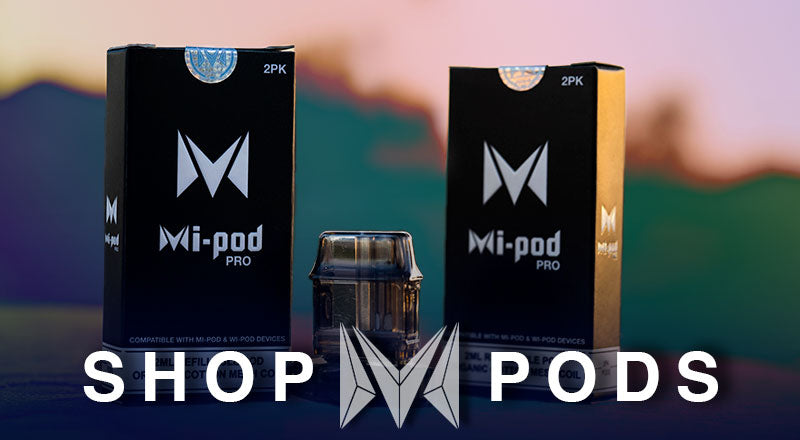
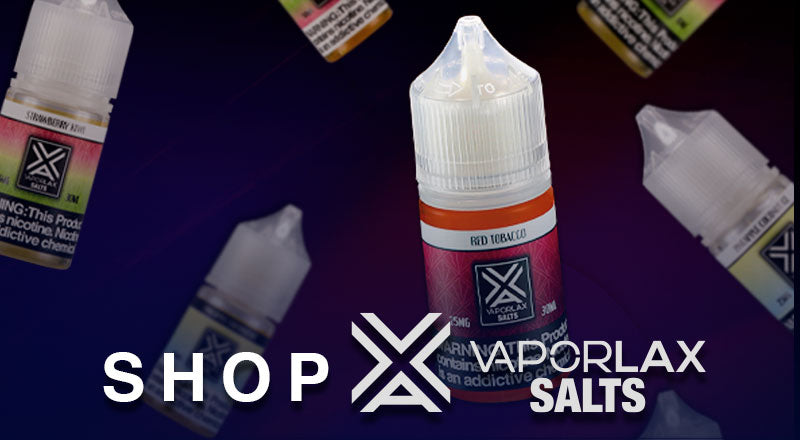
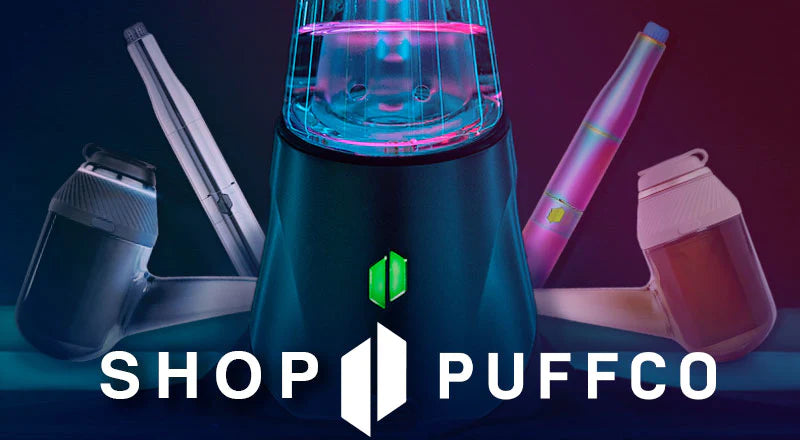
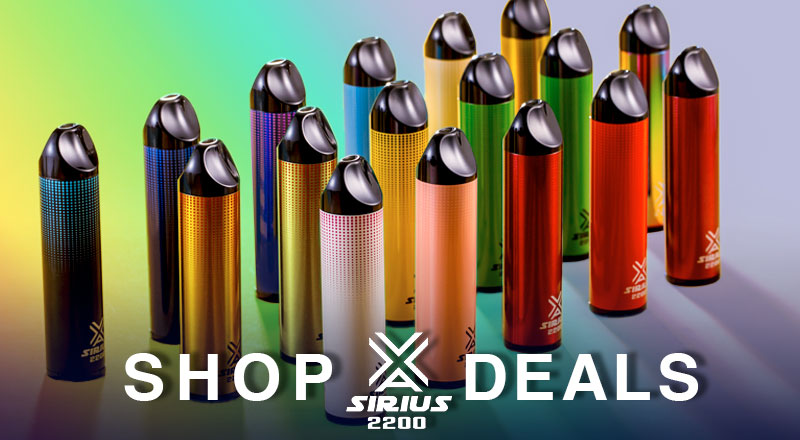
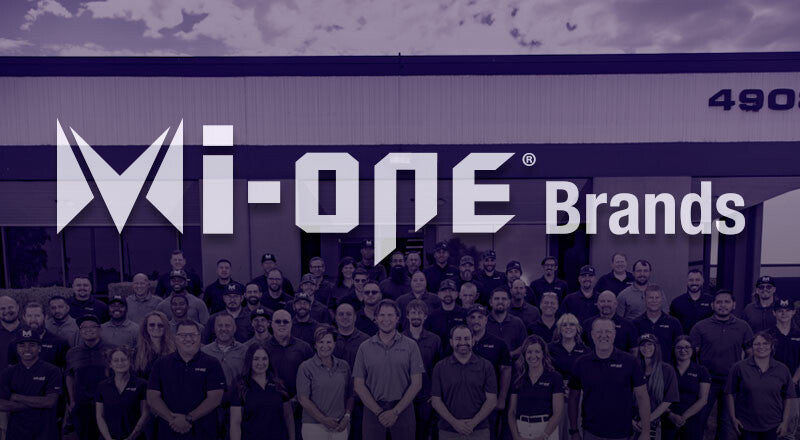
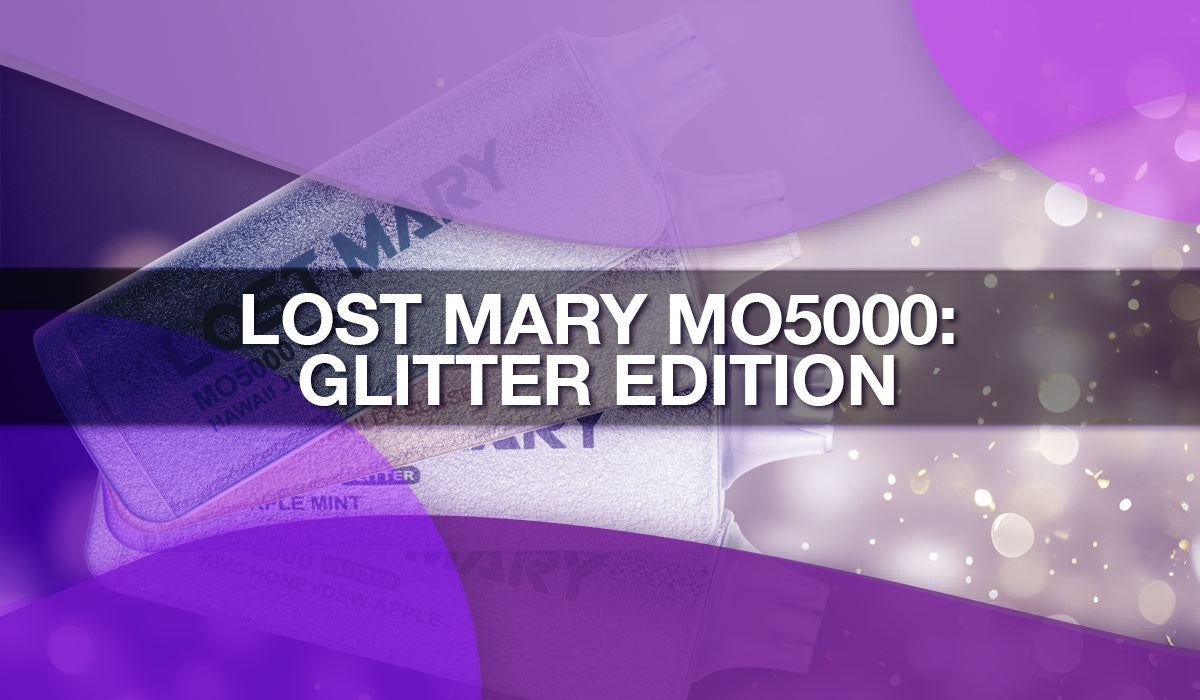
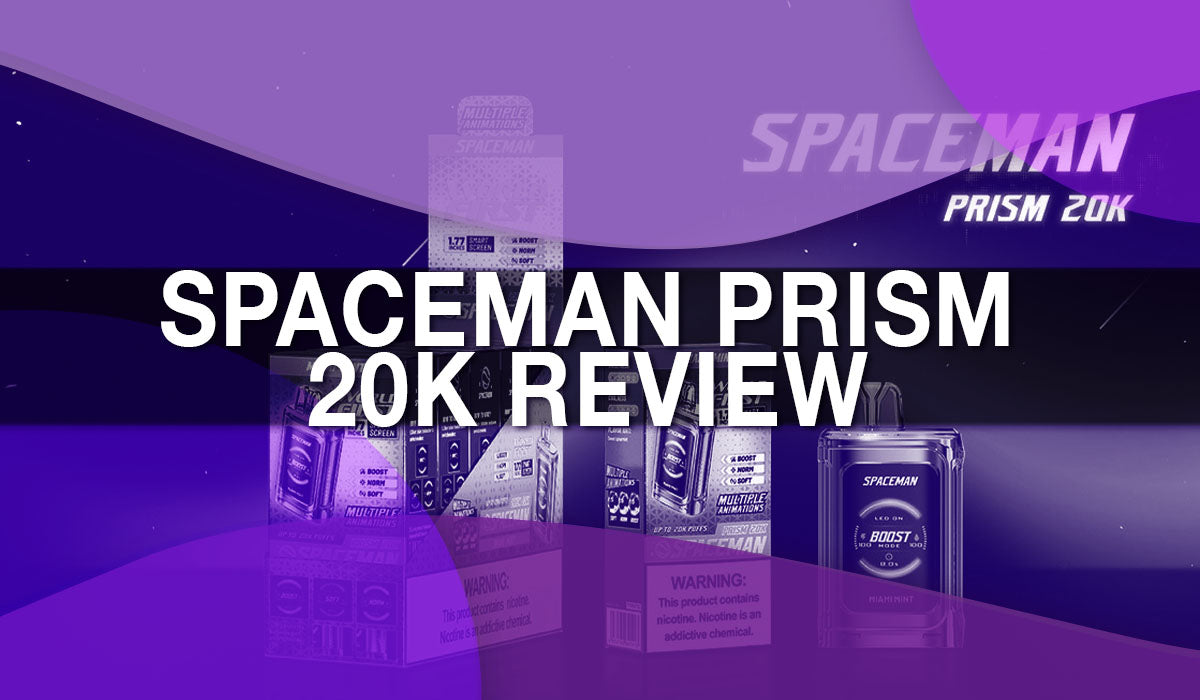
Leave a comment
This site is protected by hCaptcha and the hCaptcha Privacy Policy and Terms of Service apply.